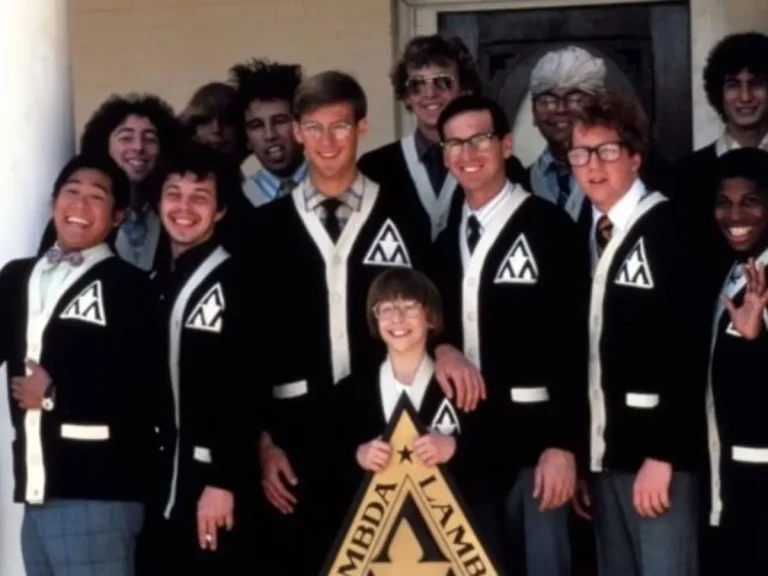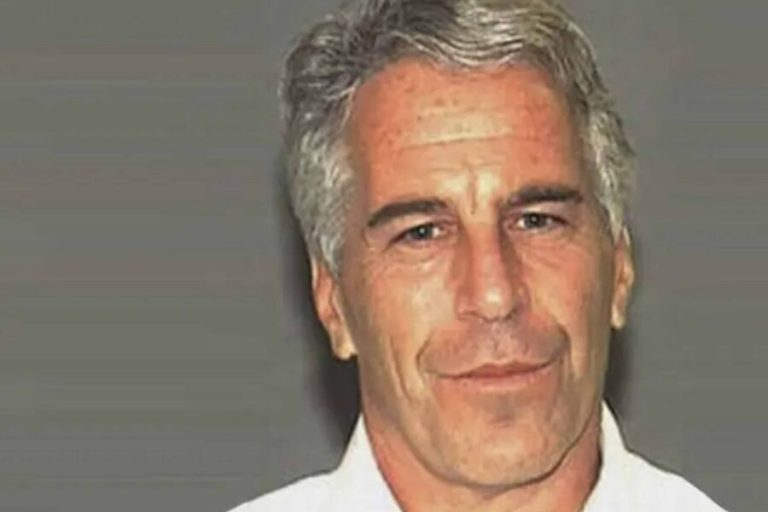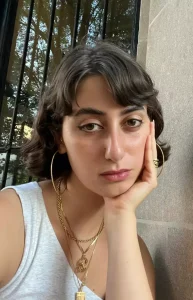A Mother’s Grief Turned Into a Controversial Decision
Obregón’s only son, Aless Lequio García, died in May 2020 at just 27 years old after a devastating battle with cancer. His passing left the star shattered — and it appears to have inspired a deeply personal, controversial decision.
Three years later, at the age of 70, Obregón welcomed a baby girl named Anita, born via surrogate in Miami. When Spanish media outlets first broke the story, confusion spread like wildfire: was the baby her daughter — or her granddaughter?
Obregón clarified in an interview with ¡Hola! magazine:
“This baby girl is not my daughter, but my granddaughter. She is Aless’ daughter — and when she grows up, I will tell her that her father was a hero, so that she knows who she is and how proud she should be of him.”
Obregón said she made the decision “the day my child went to heaven,” explaining that it was her way of fulfilling her son’s final wish.
“What people don’t know,” she added, “is that this was Aless’s last wish: to bring a child into the world.”
A Promise Made Before His Death
Before starting chemotherapy, Aless was reportedly advised by doctors to preserve his sperm at a fertility clinic in New York — a standard procedure in cases where cancer treatments can affect fertility.
After his passing, Obregón kept that genetic material stored. Then, in 2023, she used a U.S.-based surrogate to carry the embryo, conceived with her son’s sperm and a donor egg.
The process itself — while legal in the United States — directly clashes with Spanish law.
The Legal and Ethical Storm in Spain
In Spain, surrogacy is illegal, and posthumous reproduction is tightly restricted. By law, sperm or egg samples can only be used to impregnate a widowed partner within 12 months of the donor’s death, and only with the donor’s explicit written consent.
Because of that, Obregón’s case has become one of the most talked-about ethical dilemmas in recent Spanish history.
Despite the ban, Spain recognizes foreign-born children of Spanish citizens — including those born through surrogacy abroad. That legal loophole allowed Obregón to register Anita as her granddaughter in Spain, even though the conception would have been impossible under Spanish law.
Bioethics experts and lawmakers have fiercely debated the implications.
“It seems questionable to me that the wishes of the deceased would have been for his sperm to be used to impregnate an egg in the body of a woman in another country,” said Professor Gonzalo Velasco, a philosopher and ethics specialist at Madrid’s Autonomous University, in an interview with Cadena SER radio.
“It seems quite convoluted,” he added.
Public Reaction: Compassion or Controversy?
The revelation divided Spain’s public — and social media amplified the argument.
Some sympathized deeply with Obregón’s grief and admired her commitment to honoring her son’s memory.
“I don’t think this is too weird. She didn’t use her egg. She used someone else’s,” one supporter commented online.
Another wrote: “If I lost my adult child, I would consider something like this. I love my kids — I can’t imagine losing any of them.”
Others, however, called the move unsettling and ethically disturbing.
“Yeah, this is unsettling, I don’t care what anyone says,” one critic said on Instagram.
Another added, “It’s slightly creepy. You can’t play God with someone’s legacy like that.”
Obregón Defends Her Choice
Through her social media posts and interviews, Obregón has stood firm in her defense, portraying her choice as an act of love rather than moral rebellion.
She insists that the baby girl — now two years old — has brought new meaning to her life after unbearable loss.
“Anita is a blessing from heaven,” Obregón wrote in a heartfelt Instagram post on her granddaughter’s second birthday. “When I see her smile, I see my son again.”
She has also suggested that her decision was rooted in her son’s own dreams of fatherhood, which were cut short by his illness.
“He wanted to have children. It was his wish,” she said. “Now, his wish has come true.”
Cultural Divide Over Surrogacy
The debate sparked by Obregón’s story touches on broader issues surrounding surrogacy, consent, and reproductive ethics.
In countries such as the United States and Ukraine, surrogacy is a common and legal practice. But in Spain, France, and Italy, it remains banned — often framed as a violation of women’s rights or an act of “commodifying” life.
Spanish lawmakers have repeatedly reaffirmed their opposition to the practice, arguing that it often exploits economically vulnerable women.
Still, Obregón’s case has reignited calls from some Spanish citizens to reconsider those laws, especially in situations involving posthumous wishes or deep family tragedies.
The Emotional Aftermath
Despite the ongoing ethical storm, Obregón appears focused on the personal rather than the political. Her Instagram, filled with photos of her late son and little Anita, paints the portrait of a mother — and now grandmother — who has found purpose through grief.
“Every night, I tell her stories about her father,” she said. “He is with us every day. That’s what keeps me alive.”
To her supporters, she is a grieving mother who found a way to carry her son’s legacy forward. To her critics, she crossed an ethical line that society isn’t ready to accept.
Either way, Ana Obregón’s story has forced a nation — and the world — to confront one haunting question:
How far should love and science go when death intervenes?

Emily Johnson is a critically acclaimed essayist and novelist known for her thought-provoking works centered on feminism, women’s rights, and modern relationships. Born and raised in Portland, Oregon, Emily grew up with a deep love of books, often spending her afternoons at her local library. She went on to study literature and gender studies at UCLA, where she became deeply involved in activism and began publishing essays in campus journals. Her debut essay collection, Voices Unbound, struck a chord with readers nationwide for its fearless exploration of gender dynamics, identity, and the challenges faced by women in contemporary society. Emily later transitioned into fiction, writing novels that balance compelling storytelling with social commentary. Her protagonists are often strong, multidimensional women navigating love, ambition, and the struggles of everyday life, making her a favorite among readers who crave authentic, relatable narratives. Critics praise her ability to merge personal intimacy with universal themes. Off the page, Emily is an advocate for women in publishing, leading workshops that encourage young female writers to embrace their voices. She lives in Seattle with her partner and two rescue cats, where she continues to write, teach, and inspire a new generation of storytellers.









